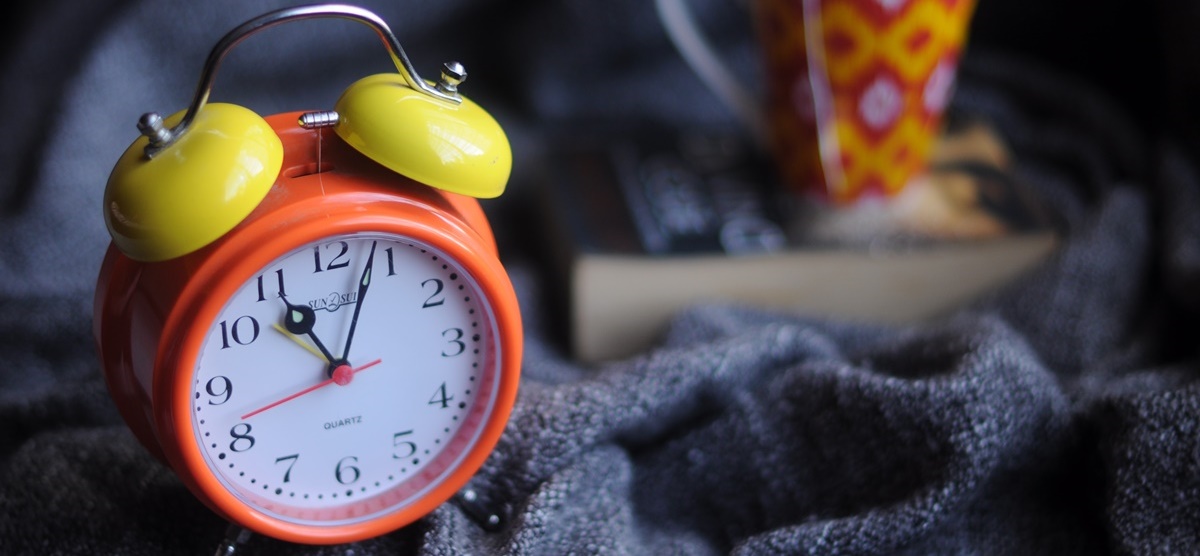How much sleep do we need?
Insomnia is certainly at the top of the scale of exhausting/wearying things that can befall us. When we are sleep-deprived and can’t sleep well during the night, we can’t function properly during the day either. Bad sleep is associated with many consequent health problems that can arise from this state.
Sleep is a universal and individual experience, because we spend almost a third of our lives sleeping. Most people generally know how much sleep they need to rest, but they don’t know why they need so much sleep, more or less. Now we are trying to solve that mystery as well.
Experts from the University of California, San Francisco (UCSF), made a conducted research and discovered this mystery, especially regarding the role of the gene that determines how much sleep a person needs. Namely, the researchers identified a certain genetic mutation common to people who need less sleep to rest. This study was published in the journal Neuron [1].
In the given research, a family with a genomic mutation was observed, which made the family members feel rested and sleepy, even though they slept less than 8 hours during the night.
Ying-Hui Fu, PhD [2], a doctor of genetics at UCSF University, and one of the main authors of the study, was the first to identify this mutation in people with shorter sleep. This study is very important because it helps us understand the way our sleep is regulated.

How does genetics affect our sleep?
In the beginning, it is important to understand the two functions that affect our sleep. The first, circadian function, is relatively well known. The circadian rhythm basically represents our body’s internal clock. It determines the time of day the body feels more awake, as well as the time of day when we need sleep.
This study dealt with another sleep function- homeostatic drive. It functions as an internal timer or counter. In short, the longer someone is awake during the day or night, the stronger the pressure is to fall asleep. The homeostatic instinct has many variabilities. People can sometimes misjudge that they need more or fewer hours of sleep.
These two essential sleep components, circadian rhythm and homeostatic drive, work together to influence sleep patterns.
The researchers discovered a mutated form of the ADRB1 gene in the family from the experiment. Neurologists point out that these people usually sleep 4 to 6 hours during the night and feel great when they wake up. They sleep much less than any average person during their lifetime.
The genetic component that causes people to sleep shorter is a receptor bound to a compound called adenosine. Adenosine receptors are one of the targets of caffeine, and they are also involved in other biological factors.
The scientists pointed out that this gene and receptor are directly involved in sleep homeostasis, or sleep regulation.

Chronic sleep deprivation
This research opened up many intriguing theoretical possibilities. The longer people are awake, ie. the less they sleep, the more it affects their cognitive function, decision-making, their emotions, and behavior.
Chronic lack of sleep contributes to an increased risk for many diseases – different types of cancer, autoimmune diseases, psychiatric diseases, neurodegeneration, and many others.
More sleep for night owls
Since we cannot change the genes we were born with, we need to be aware and open to recognize these biological differences and our need for sleep, whatever it may be. Someone will get enough sleep after 5 hours, and someone will not feel rested even after 8 hours of sleep.
No matter how much sleep you need, but especially if you don’t get enough sleep and feel tired and disorganized the next day, we have the right solution for you.
Magnall® Sleep is a unique formulation of magnesium with melatonin, the active form of folic acid and vitamins B6 and B12, and helps elimination of insomnia symptoms and sleep disorders.

Magnall® Sleep has a beneficial effect on sleeping at people under stress, who work in shifts, change time zones, as well as among older adults.
Magnall® Sleep has a triple effect by affecting the circadian rhythm (the sleep-wake cycle):
- It makes it easier for you to fall asleep faster
- Improves duration and length, as well as sleep quality
- You wake up more rested.
Now you can plan your sleep and free time without worries/carelessly… with Magnall® Sleep!
[1] https://www.cell.com/neuron/fulltext/S0896-6273(19)30652-X
[2] A Rare Mutation of β1-Adrenergic Receptor Affects Sleep/Wake Behaviors Guangsen Shi; Ying-Hui Fu; Lijuan Xing; David Wu; Published:August 28, 2019DOI:https://doi.org/10.1016/j.neuron.2019.07.026




